Intermediate / Advanced
Pikos Symposium 2025
Full Arch Immediate Reconstruction – Pearls, Protocols, and Problems
Ritz-Carlton Resort Grande Lakes, Orlando, FL
Course Led by


Now Open for Registration
Upcoming Course Dates
2026-2027 Core Curriculum Series
Clear and Transparent Pricing
The comprehensive Mastering Implant Dentistry program consists of four individual modules, each priced at $4,999.00. To complete the full program, all four modules must be purchased and registered for separately, bringing the total investment to $19,996.00. This allows you to tailor your registration to fit your schedule and needs.
Past Course Agenda
Course Agenda
Speaker Sessions
FP-1: A Comprehensive Surgical and Restorative Workflow
Rapidly evolving dental technology is making full mouth implant rehabilitation easier for practitioners, while making it more accessible to the masses. This consequently comes with the challenge that treatment planning/execution is not uniform for providers nationally (and globally). This presentation will discuss an individualized approach to implant rehabilitation ranging from the fundamentals of treatment planning to the intricacies of an FP1 implant rehabilitation.
Learning Objectives
- Understand the traditional prosthetic approaches to full-mouth reconstruction
- Appreciate the evolution of prosthetic (and surgical) workflows within the modern digital era
- Identify the different applications of a modern workflow for both surgical and prosthetic applications in full-mouth reconstructions
Managing Full-Arch Implant Failures: Advanced Surgical Solutions with Remote Anchorage
All-on-X full-arch rehabilitation offers reliable functional and aesthetic results for edentulous patients, but complications such as implant failure, bone loss, and peri-implantitis can demand advanced surgical management. When conventional implant sites are no longer usable, remote anchorage using zygomatic, pterygoid, or transnasal implants provides a stable alternative. This lecture covers diagnosing and managing All-on-X failures, indications for remote fixation, and key surgical techniques. Emphasis will be placed on patient selection, risk assessment, and strategies for long-term success, supported by case studies and evidence-based insights.
Learning Objectives
By the end of this lecture, participants will be able to:
- Recognize common All-on-X complications and their causes.
- Understand when to consider remote anchorage solutions.
- Learn the surgical principles of zygomatic, pterygoid, and transnasal implants.
- Plan treatments that reduce risk and enhance long-term results.
- Apply case-based strategies for managing and preventing complications.
Palatal Implant Therapy - Alternative Approaches to Avoiding Zygomatic Implants
This lecture we will share the FullArchPlus concept, emphasizing a straightforward and efficient approach to immediate loading and feature key success factors to optimize both esthetic and functional outcomes.
We will go through this innovative protocol addressing both standard and extremely atrophic maxillary cases while effectively avoiding the need for zygomatic implants.
It will feature a unique palatal approach, use the paranasal bone, and the Golden Triangle along with the use of Pterygoid implants.
Transnasal Implants: Alternative to Quad Zygoma
The number of toothless patients worldwide, according to the World Health Organization, is 15% of the world's population. Potentially, these are patients with moderate or severe jaw atrophy. In addition, in my practice, I note an annual increase in the number of patients with unsuccessful all-on-4, who require the use of remote extramaxillary anchoring techniques during repeated implant treatment.
In these cases, the use of the Quadro Zygoma protocol is predictable and well described in the literature, but has a greater number of complications and requires a surgeon with a higher experience. This is dictated by the fact that there are risks of complications when placing zygomatic implants. Installation of four zygomatic implants may be limited in cases where the dimension of the zygomatic bone is insufficient for placing two zygomatic implants, since there is a risk of zygomatic bone fracture. In addition, in such cases, perforation of the orbit by the medial zygoma may be observed, especially in inexperienced surgeons. In certain anatomical conditions, when there is a pronounced concavity of the anterior wall of the maxillary sinus (type IV according to the ZAGA classification), the placement of zygomatic implants, especially the medial one, is risky in terms of the exposure of the zygomatic implant body through the mucosa.
As an alternative to the use of medial zygomatic implants, there is a treatment option with the placement of transnasal implants, which allows avoiding complications associated with the Quadro Zygoma protocol, as well as expanding the rehabilitation options for patients with complete atrophy of the upper jaw, for whom the placement of four zygomatic implants is contraindicated. The use of transnasal implants is more physiological than the placement of a medial zygomatic implant, has better conditions for the adaptation of soft tissues, and, according to available statistics, has fewer complications.
Learning Objectives
- Understand the anatomy of the nasal cavity and paralacrimal zone.
- Understand the basic principles of planning and placing transnasal implants, as well as dealing with complications.
- Understand how to use the transnasal technique in full arch re-implant treatment.
Full Arch Dynamic Navigation: A Treatment Philosophy
Learning Objectives
- Incorporate basics of Dynamic Navigation to the prosthetic and surgical armamentarium
- Demonstrate the digital flow management, a restorative driven concept, from the data acquisition to planning and the delivery process.
- Discuss the predictability of the dynamic navigation concept
- FP1 design; minimally invasive surgical vision will be addressed
- When things go wrong; how to modify the initial plan and be able to continue utilizing dynamic navigation during the surgery
- Advantages of dynamic photogrammetry and basic photogrammetry
- Team approach-Surgical/Restorative/Laboratory, inter-disciplinary mentality
Zygoma Precision + Immediacy: Prosthetically-Driven Adaptations of Zygomatic Implants and Immediately Fitted Final Prostheses
The focus of oral rehabilitation should always be the outcome, not any specific method or materials. However, severely atrophied jaws, sinus morphology and/or poor quality bone present significant limitations and challenges to treatment planning for dental implants, especially in a patient-centred approach involving fixed and immediate function.
Zygoma implants offer an ability to overcome certain limitations, but involve advanced invasive surgery which, when necessarily focusing on technique alone, may lead to poor prosthetic outcomes in terms of cleanability, comfort and restorability. Additionally, the challenges which are evident on the radiographs may differ from what the surgeon encounters at surgery, and may require a modification to the surgical approach or an abandonment of the plan.
This program will explore the efficacy of Fibishenko’s approach to Zygomatic implants and combination of other advanced yet predictable surgical and restorative techniques as a means to control the outcome. It will feature treating the edentulous, as well as those with failing dentitions and complex anatomical or clinical presentations using a digital workflow.
Dr Fibishenko will describe and compare four surgical methods to idealise the placement of Zygoma implants for an optimal patient-centred prosthetic outcome, and will present results of his clinical study:
- comparing the differences between planned and executed (or abandoned) treatments involving Zygoma.
- life table analysis of performance (interruptions to fixed function).
- patient-reported outcomes relative to various initial clinical presentations (edentulous, partly edentulous and fully edentulous).
- recorded clinical outcomes
Learning Objectives
- Understanding maxillary anatomy in deciding on the safest and most predictable prosthetically-driven approach to place zygomatic implants
- Drilling protocol to control the osteotomy for precision with Zygomatic implant placement
- Understanding how to control adaptation through biomechanical considerations including using immediate finals
Full Arch Implant Therapy: Importance of Biomechanical Principles
Learning Objectives
- Modified Bone Zone Classification to assist in prescribing appropriate treatment options.
- Understanding ZAGA classifications and their impact on techniques to maximize bone-to-implant contact.
- Use of Additional Implants: This includes the considerations for pterygoid, pyriform, and trans-nasal implants.
- Soft Tissue: A decision-making tree to guide surgeons in selecting the most appropriate soft tissue incision based on the intended surgical technique.
The ZAGA Concept for Zygomatic Implants: Why is it the Current Gold Standard for Treating Severe Maxillary Atrophy?
Zygomatic implants are currently a reliable, predictable and long-term solution for rehabilitating severe maxillary atrophy. The surgical procedure for successful treatment with zygomatic implants is based largely on a thorough knowledge of the specific anatomical situation of the patient; on the awareness of the possible complications, to prevent them from the outset; on the adaptation of surgical protocols to each patient and site; as well as on the choice of the most appropriate material and designs to treat it
The ZAGA concept standardizes anatomical knowledge, planning of the implant trajectory and precise positioning to reduce the risk of long-term complications, such as rhinosinusitis, soft tissue dehiscence or biomechanical failure. Recent studies also demonstrate the biomechanical suitability of the ZAGA concept over other procedures, concluding that the ZAGA osteotomy coupled with optimized implant placement leads to less stress on all components of the system.
Learning Objectives
- To understand the fundamentals of the ZAGA concept
- To understand how to avoid complications
- To understand the biomechanics of the zygomatic implant
Complications of Zygomatic Implant Therapy: 2025 – Prevention, Recognition, Treatment
Zygomatic implants have proven to be a reliable and predictable solution for severe maxillary atrophy as per a number of long-term studies. There are, however, complications that are associated with this technology.
This presentation will focus on intraoperative, early and late postoperative complications that are associated with zygomatic implant therapy. Prevention, recognition and treatment of these problems will be covered in detail. Emphasis will be on addressing the prevention and treatment of the most commonly seen complications.
After this presentation attendees will:
- Understand and recognize intraoperative, early and late post op zygomatic implant complications.
- Understand and treat intraoperative, early and late post op zygomatic implant complications.
- Understand strategies to prevent intraoperative, early and late post op zygomatic implant complications.
Complications of Full Arch Implant Reconstruction Therapy
Reported dental implant success rates are high resulting in an ever-increasing number of patients being treated with implants.
Over time however, the percentage of dental implant complications & failures increases because of biological and technical issues. As prevention is better than cure, clinicians need to be able to identify high risk patients, and take the necessary steps and precautions to prevent these complications. Inevitably however complications will occur, and clinicians will have to dedicate more time in dealing with ailing and failing dental implants.
The most predictable management of these cases appears to be implant removal & replacement. The aim of this lecture is to describe an atraumatic method & treatment modality in dealing efficiently with these cases.
The decision to treat or remove (explant) a failing implantis a judgement that needs to be made by the treating clinician and needs to bebased both on clinical and radiographic evaluation.
Dental implant removal may be indicated in cases of advanced bone loss around implants.
Implant removal devices are now available that facilitate removal of failed implants with a predictable technique that permits conservative implant extraction and the same time preserving most of the viable soft and hard tissue.
This clinical protocol aims to:
- Explant the infected implant.
- Decrease the bacterial load by curettage and decontamination of the implant socket.
- Maintain the regenerative capacity of the surrounding alveolar walls.
- Achieve primary stability for the immediate replacement implant either in the same or adjacent site.
- Immediately load the replacement implants.
Learning Objectives
Upon completion of this presentation participants should beable to:
- Identify high risk patients for complications.
- Take the necessary steps to prevent complications.
- Identify atraumatic methods of removing failed implants.
- Become familiar with the concept of immediate replacement of failed implants in the same or adjacent site.
- Become familiar with the protocol of immediate loading of replaced implants.
- Identify cases where immediate replacement is not possible, and a delayed protocol is indicated.
Complications of Full Arch Implant Reconstruction
Full arch implant reconstruction therapy offers a predictable and effective solution for edentulous patients, providing improved functionality and aesthetics. However, the complexity of these treatments, which often involve the use of endosseous, zygomatic, pterygoid, and subperiosteal implants, presents a range of potential complications that can impact both short-term and long-term outcomes. This lecture explores the various complications associated with each implant type in full arch reconstructions.
Endosseous implants, while the most commonly used, are prone to complications such as peri-implantitis, mechanical failure, and osseointegration failure. Zygomatic implants, which are employed in cases of severe maxillary bone loss, can experience complications such as malpositioning, sinus involvement, fractures, oronasal and oroantral fistulas and issues related to prosthetic support. Pterygoid implants, often utilized for patients with insufficient posterior maxillary bone, pose risks like improper angulation, sinus membrane perforation, bleeding, pterygoid complex fractures and nerve injury. Lastly, subperiosteal implants, used in patients with extreme bone resorption, can result in complications such as fenestration, fractures, chronic infection, and soft tissue irritation and large oronasal or oroantral fistulas.
Risk factors that increase the likelihood of complications include systemic health conditions, smoking, poor bone quality, and inadequate surgical planning. Additionally, prevention strategies such as preoperative assessments, thorough surgical techniques, and appropriate post operative management and care. The importance of regular follow up for early detection intervention is emphasized to ensure the long-term success of full arch implant therapy.
By the end of the session, participants will gain a comprehensive understanding of the potential complications associated with full arch implant therapy, enabling them to better manage and mitigate these issues for improved patient outcomes.
Learning Objectives
- Understand the various types of complications that can arise in full arch implant reconstruction therapy, including surgical, prosthetic, and biological issues.
- Identify patient-related risk factors (e.g., systemic conditions, smoking, poor oral hygiene) and procedural factors that may increase the likelihood of complications during and after the procedure.
- Discuss preventive measures for complications, including proper patient selection, pre-operative planning, and post-operative care protocols.
- Recognize how to identify the proper treatment following a complication based on scenario and patient circumstance.
Full Arch Immediate Implant Therapy Complications - The PATZI and HESIAn Protocols
Immediately loaded full arch dental implant procedures such as All-On-X have a 20+ year history of successful performance. While most short-term studies show extremely high survival, mid to long term studies have shown trends of increasing failure rates for conventional implants in such cases. Many AOX cases have minimal bone to begin with, and these situations are exacerbated when implants fail. Remote anchorage techniques such as zygomatic and pterygoid implants can rescue failing AOX cases with applications such as the PATZi protocol. What can be done, however, when these advanced implants fail. The Holtzclaw Extrasinus Infratemporal Anchorage (HESIAn) zygomatic implant protocol is a highly advanced method which can rescue these cases. In addition to reviewing the principles of the PATZi protocol, this lecture will describe the HESIAn protocol, its indications, and provide an analysis of multiple cases with up to 3 years of follow up.
Learning Objectives
- Understand the PATZi protocol and its applications
- Understand the HESIAn protocol and its applications
- Understand how to recognize and appropriately treat full arch implant complications
Course Media
Learn From World-Class Masters
12 world-renowned clinicians will share their expertise through in-depth presentations, each featuring dedicated Q&A time. This unique format allows for comprehensive learning and direct interaction with leading experts in the field.
Access Comprehensive Treatment Protocols
From diagnostic criteria to final restoration, gain detailed insights into both surgical and prosthetic strategies for full arch reconstruction. Presenters will share evidence-based protocols that you can implement in your practice.


Master Advanced Techniques
Learn specialized procedures including zygomatic implants, pterygoid implants, and transpalatal approaches for complex cases. The symposium covers state-of-the-art digital workflows and immediate load protocols for challenging clinical situations.
Elevate Your Clinical Decision-Making
Develop a thorough understanding of case selection, treatment planning, and complication management. You'll learn clear decision-making algorithms for different clinical scenarios, helping you confidently handle complex full-arch cases in your practice.

Pre-Conference Workshops
Pterygoid, Zygomatic, and Transnasal Dental Implants – Hands-on Workshop [SOLD OUT]
Digital Workflow for the Full Arch Reconstruction
Zygomatic Implant Placement on a Printed Model Simulating a Real-Life Case
Pterygoid Implant Therapy - How & Why
Transnasal and Transsinus Technique
Optional Package Add-ons
Check out our vendor specials and contact the designated representative to claim your discount.
What Attendees Are Saying
Convenient Financing Solutions
Take advantage of tailored payment solutions to suit your needs. Choose quick financing through Live Oak Bank to cover all course-related expenses, or opt for flexible payment plans that let you pay in full or in manageable installments over time.
This course is currently sold out. Leave your contact information below and we'll reach out if more seats become available for this event.
Room Reservations
Pikos Institute has contracted with the Ritz-Carlton to provide a special room rate (options starting at $309/night) for our Pikos Symposium attendees.
Reserve Your Room Online
For reservations by phone, call 1-800-266-9432 and mention “Pikos Symposium” for a special room rate.


We will be announcing future dates for this course in the near future. Please leave your contact information and we will reach out as soon as new course dates are announced.









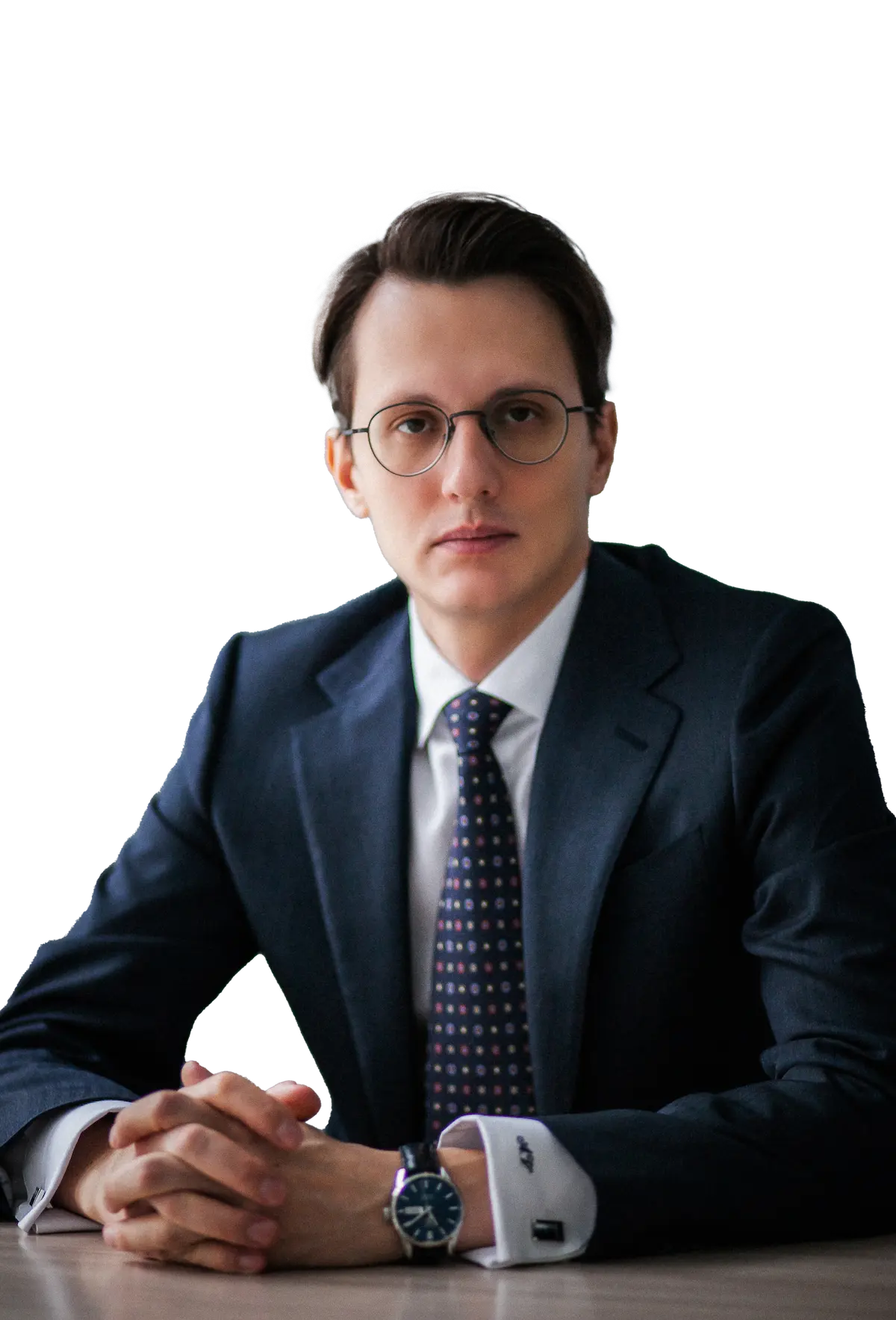























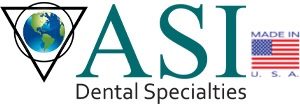





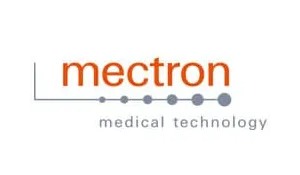




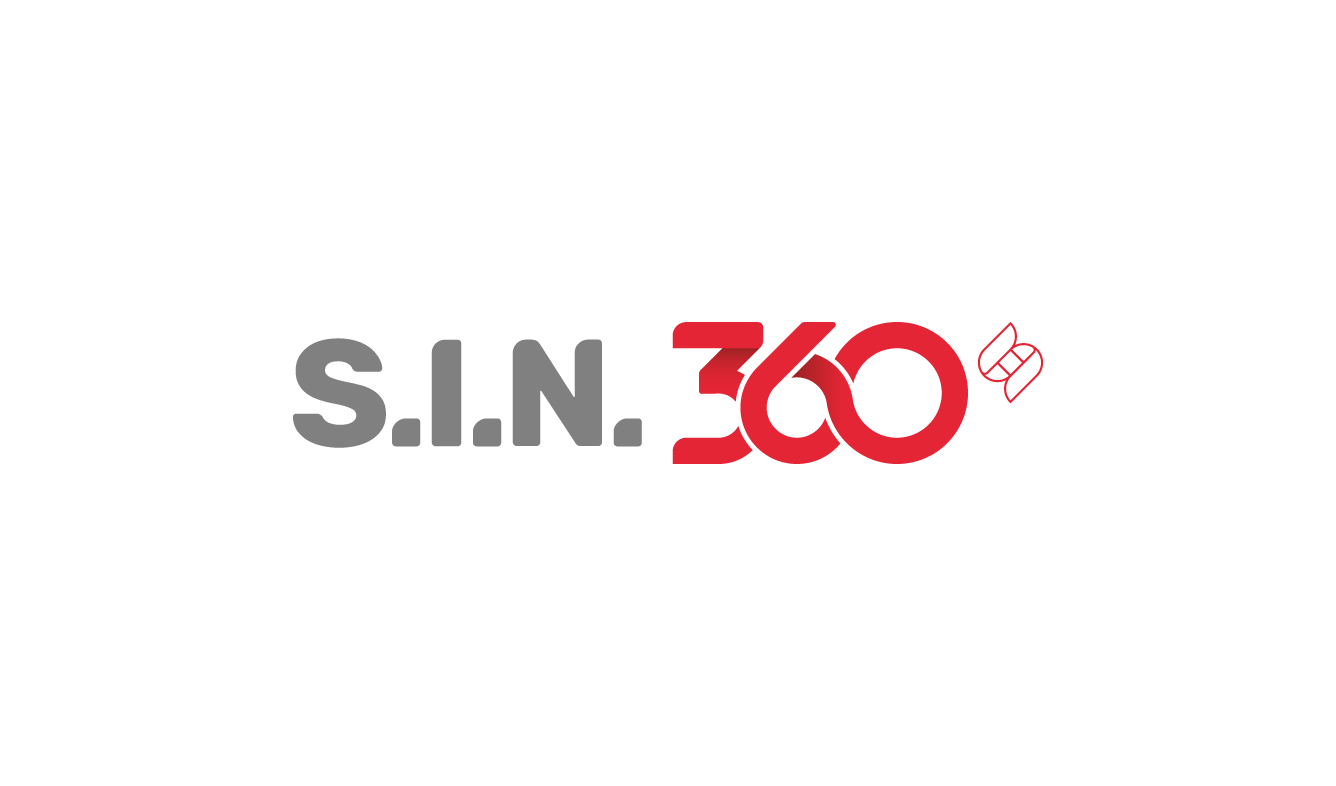



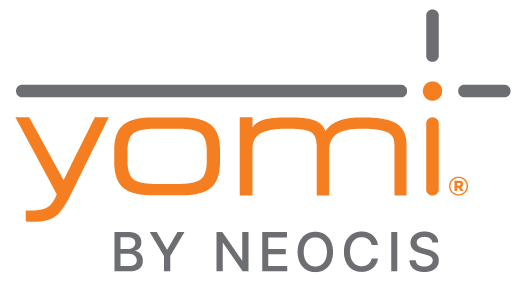



.avif)

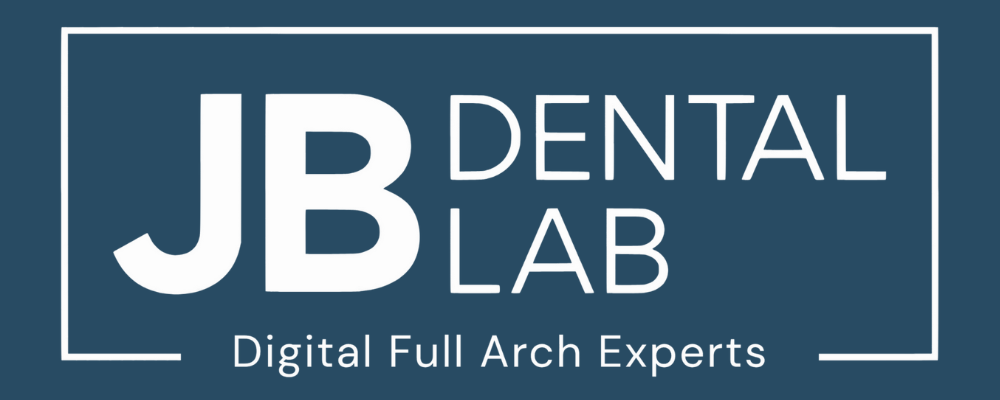
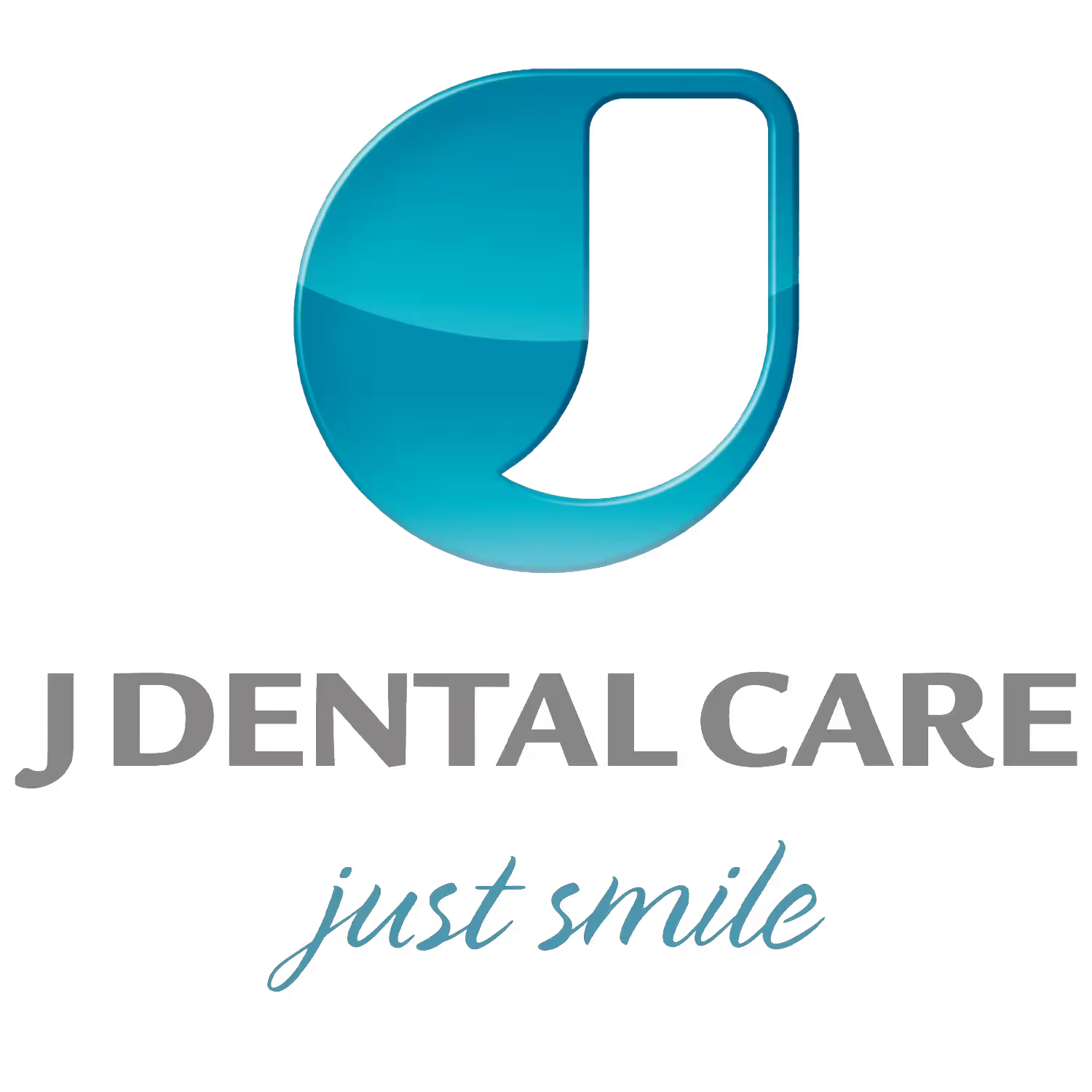

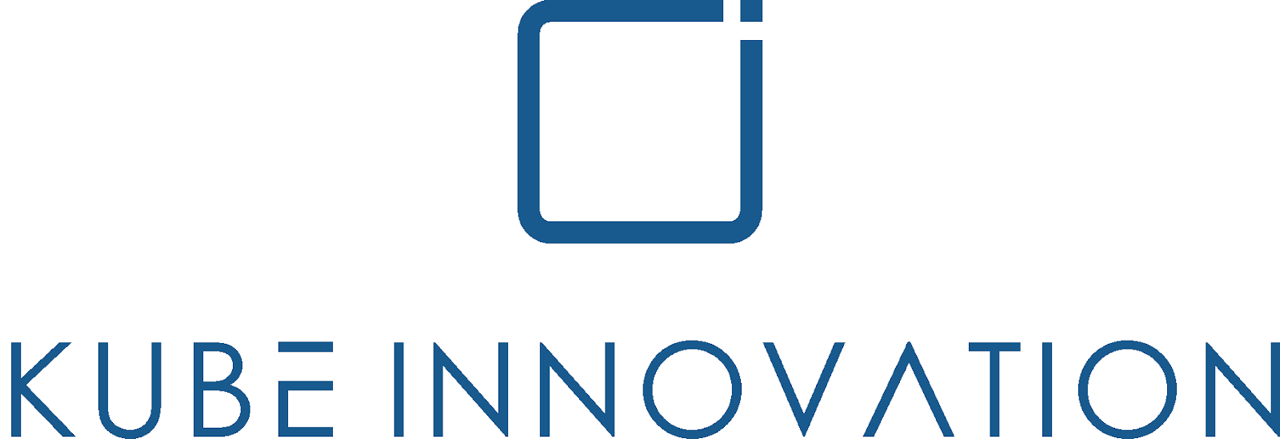








.avif)



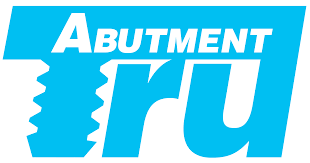



.webp)











